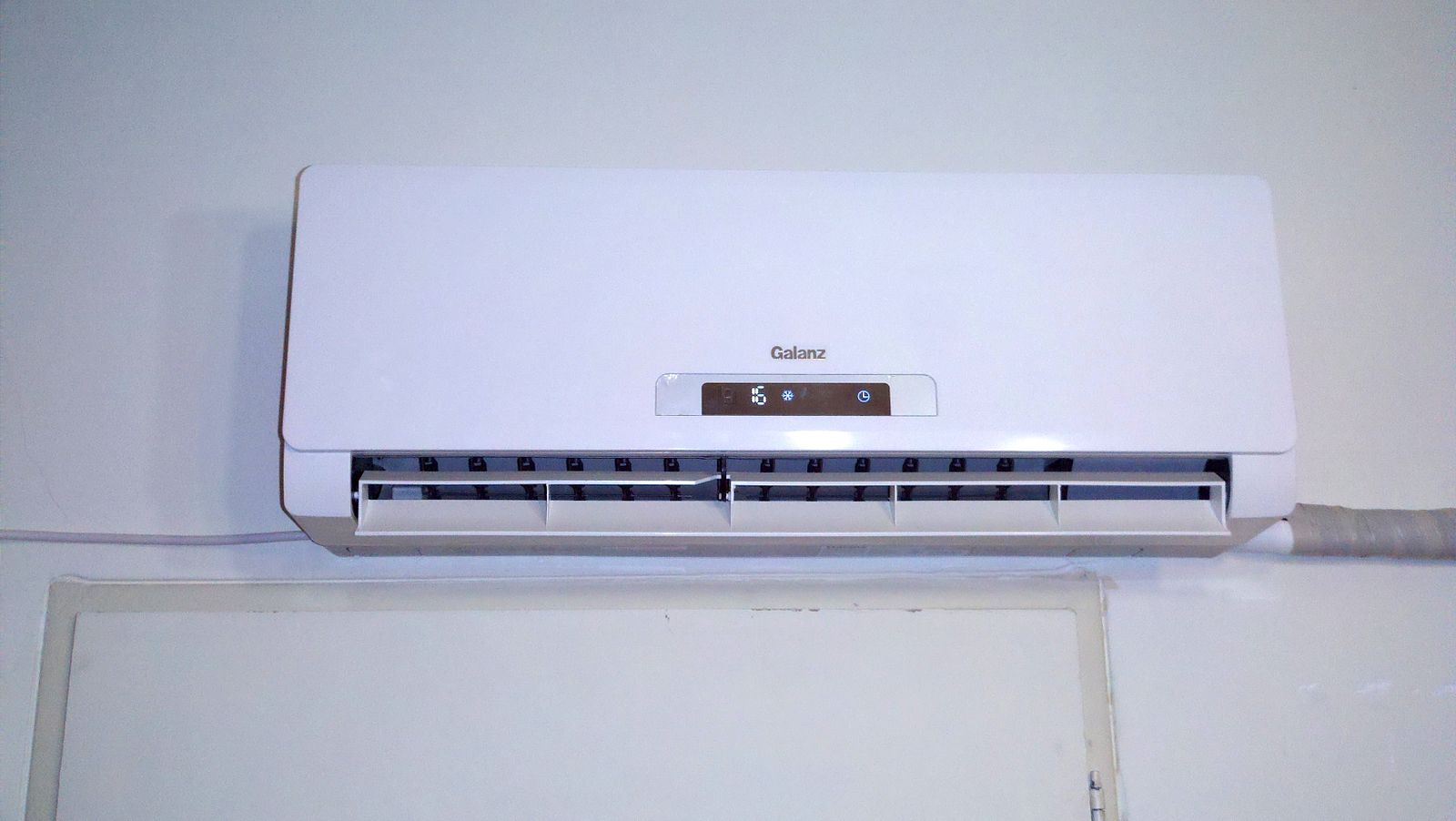 (412) 364-9114
(412) 364-9114

Air conditioner failure always seems to happen on the hottest day of summer. Blowing hot air is common complaint when an air conditioner is no longer properly working. But what causes this problem, and what can you do about it?
Before you can try to fix your air conditioner, it helps to know a little bit about how the unit works. Air conditioners function like refrigerators. They take hot air from inside a room, remove the heat, and this produces cool air. There are three main parts to an air conditioner:
It works like this: the refrigerant fluid flows through the coils inside the air conditioner arrives at the condenser in a cool, gaseous state. The compressor squeezes the fluid and raises its temperature. The gas is then sent into the condenser, where it is changed into a liquid and its temperature is lowered. Then the liquid is sent to the evaporator, where it’s turned back into a gas. This gas extracts heat from the air. The cool air is circulated around the house by way of a fan inside the A/C.
A more detailed explanation can be found online here by the California Energy Commission.
There could actually be a number of reasons that your air conditioner begins to blow hot air and not all these reasons are malfunctions.
If your air conditioner is connected to a thermostat that controls the furnace as well as the A/C, it’s possible that the thermostat is on the wrong setting. Simply adjust the setting and the unit will work.
If your A/C is a central air unit, the compressor and condenser will be located outside the house. These parts are located in the metal box with fin-like ventilation slats, usually alongside the house or on the roof. Check that the compressor and condenser have power running to them. If the power to these two parts has been cut, your air conditioner will run but will not cool the air. If you’re not sure how to access the power supply on this part of your air conditioner, you may be able to find that information in the user’s manual that came with the unit.
The air filters prevent pollutants from blowing through your vents and into your home, and also help keep the coils clean. If the coils become too dirty, this can cause the air conditioner to work harder than it needs to cool the air in your home. The coils can freeze and that stops the unit from cooling altogether. Filters are inexpensive and available at home improvement stores. Turn off your A/C and let the coils thaw out. Then, replace your filters and clean the coils.
Here is a useful online tutorial for cleaning the coils in your unit:
Freon is the refrigerant that flows from the compressor, to the condenser, to the evaporator. If your air conditioner is running low on Freon, this is a problem that must be fixed by a professional. If you’ve tried replacing the air filter, cleaning the condenser coils, checked the power supply and adjusted the settings, then the most likely scenario is that your air conditioner is low on Freon. This type of problem should be addressed by a professional. In many cases, this is an easy and inexpensive problem to fix.
Once you’ve fixed the problem, performing annual maintenance and preventative care on your air conditioner will help you avoid these issues in the future.
For more information about common air conditioner problems, check out this useful article on the Department of Energy’s website.
What are your tips for maintaining your air conditioner and staying cool this summer? Post a reply at the bottom of this page. We’d love to hear from you!